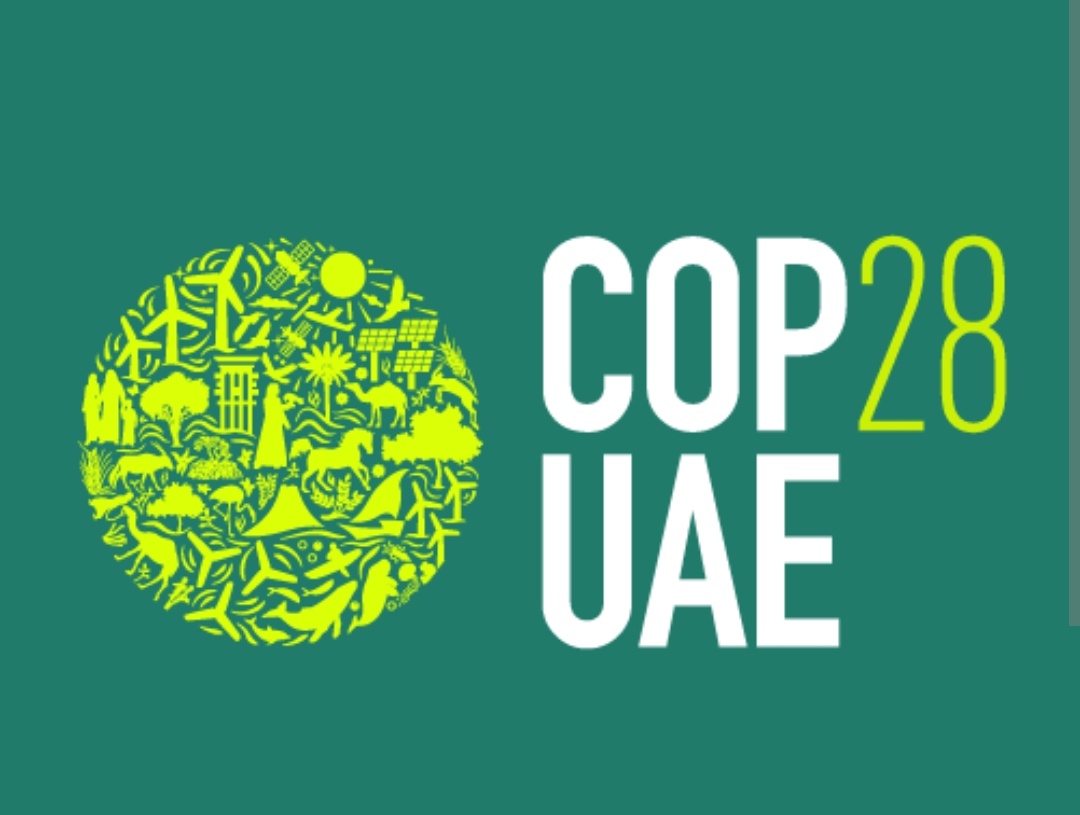- During COP28, the urgency of a fair transition from fossil fuels emerged, with a strong emphasis on the critical interconnection between climate change and global security.
What happened in Dubai?
The agreement reached at the United Nations Climate Conference (COP28) in Dubai explicitly underscores the need for a ‘transition from fossil fuels that is just, orderly, and fair, accelerating action in this crucial decade to achieve carbon neutrality by 2050.’ The text, the result of lengthy negotiations and compromises, received consensus from the parties involved in the talks.
For the first time in COP history, a central focus was dedicated to climate security issues, highlighting the need for bolder collective action to promote climate resilience in conflict and fragile contexts. The need for adequate funding to support developing countries in their energy transition and to help them adapt to climate change or cope with its consequences also emerged.
The Climate, Relief, Recovery, and Peace Declaration (COP28 UAE Declaration on Climate, Relief, Recovery, and Peace) – adopted by 74 governments and 40 international organizations – represents an initial step in implementing measures to increase financial, technical, and logistical support to highly vulnerable countries and communities, especially those threatened or affected by fragility, conflicts, or severe humanitarian needs.
Climate security issues impact global stability and are essential for a successful transition. According to data collected and analyzed by Copernicus, the European Union’s Earth observation program, and the World Meteorological Organization (WMO), 2023 set the all-time record for temperatures, with 1.40°C above the pre-industrial average (1850-1900).
Furthermore, a recent report by Save the Children states that extreme weather events in 2023, on the rise due to the climate crisis, caused 30% more casualties than the previous year. Most of these events, especially the most extreme ones, occurred in low-income countries, already vulnerable due to political, social, and economic conditions, which are further exacerbated by the effects of climate change (such as resource scarcity, water, and food, and the increased frequency and intensity of extreme events like droughts, floods, and famines). Despite being responsible for less than 0.1% of global emissions, these countries bear the brunt of the climate crisis.
The link between climate change and conflicts
The relationship between climate change and security is now at the center of the United Nations Security Council’s agenda. With over 70 resolutions adopted on the matter since 2017, member states have progressively recognized the impact of climate change on peace and conflicts globally. In brief, in states where governance systems are weak, social mechanisms malfunction, and there are no alternative resources to traditional livelihoods, the effects of climate change can further influence the vulnerability of affected territories, accentuating inequalities among social groups, poverty, and population discontent, with devastating consequences on food security, migrations, and political and social stability.
Numerous regions worldwide are subject to consequences resulting from the interaction between climate change and the vulnerability factors of individual territories. For example, various studies show how in the Sahel region, the interaction between environmental changes and structural vulnerabilities makes the risk of violent conflicts more likely. Limited access to natural resources, such as water and grazing lands, promotes migrations and increases pressure on communities, potentially generating conflicts among various groups. Moreover, the limited capacity to adapt to climate change makes communities more susceptible to exploitation by armed groups, causing further escalation of conflicts.
The case of the Democratic Republic of Congo (DRC) highlights the need for an energy transition to be fair and equitable, not leaving behind the most fragile countries. The dual impact of climate change and the green transition in the DRC risks exacerbating disputes over resource management and fueling conflicts among local groups for control over water and land resources.
Conclusion
The agreements established during COP28 undoubtedly emphasize the parties’ determination to address the energy transition, placing climate security at the forefront in the most fragile contexts. In this regard, substantial sums of money have been allocated to address the funding deficit involving conflict-affected countries. Despite being more vulnerable to the effects of climate change, these countries receive less funding for adaptation and mitigation projects.
However, the efforts announced at COP28 cannot be limited to deploying a few billion euros. The geopolitical implications of climate security require a global and collaborative vision that considers the interests of all countries, especially the most fragile ones. Such an approach could promote greater stability and international cooperation in the transition process.

